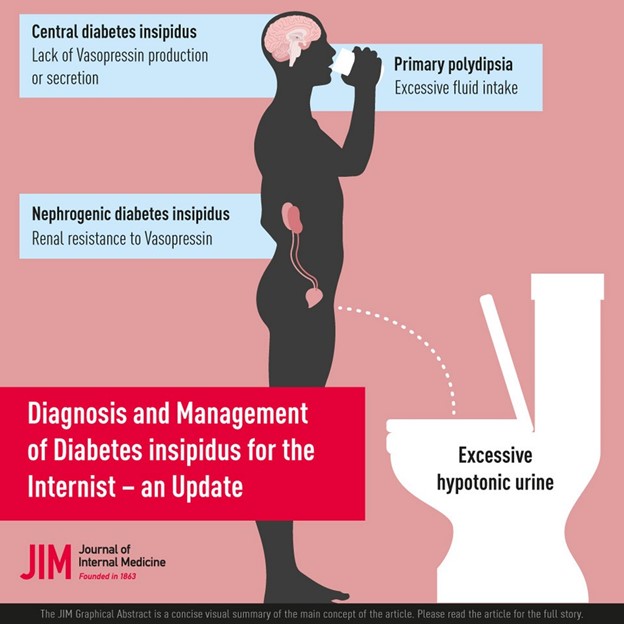What should a nurse advise the parents of a child with type 1 diabetes mellitus who is not eating as a result of a minor illness?
Give the child half his regular morning dose of insulin
Substitute simple carbohydrates or calorie-containing liquids for solid foods
Give the child plenty of unsweetened, clear liquids to prevent dehydration
Take the child directly to the emergency department
The Correct Answer is B
The child should receive his regular dose of insulin even if he does not have an appetite. If the child is not eating as usual, he needs calories to prevent hypoglycemia. During periods of minor illness, the child with type 1 diabetes mellitus can be managed safely at home.
Choice A is wrong because giving the child half his regular morning dose of insulin can lead to hyperglycemia and ketoacidosis.
Choice C is wrong because giving the child plenty of unsweetened, clear liquids to prevent dehydration can also cause hypoglycemia.
Choice D is wrong because taking the child directly to the emergency department is not necessary unless the child has signs of severe dehydration, vomiting, abdominal
Nursing Test Bank
Naxlex Comprehensive Predictor Exams
Related Questions
Correct Answer is B
Explanation
The child should receive his regular dose of insulin even if he does not have an appetite. If the child is not eating as usual, he needs calories to prevent hypoglycemia. During periods of minor illness, the child with type 1 diabetes mellitus can be managed safely at home.
Choice A is wrong because giving the child half his regular morning dose of insulin can lead to hyperglycemia and ketoacidosis.
Choice C is wrong because giving the child plenty of unsweetened, clear liquids to prevent dehydration can also cause hypoglycemia.
Choice D is wrong because taking the child directly to the emergency department is not necessary unless the child has signs of severe dehydration, vomiting, abdominal
Correct Answer is D
Explanation

Diabetes insipidus is a disorder of the posterior pituitary gland that causes a deficiency of antidiuretic hormone (ADH). This leads to excessive urination (polyuria) and excessive thirst (polydipsia) as the body tries to balance the fluid loss. These symptoms may be so severe that the child does little other than drink and urinate.
Choice A is wrong because oliguria means decreased urine production and is not associated with diabetes insipidus.
Choice B is wrong because glycosuria means glucose in the urine and is associated with diabetes mellitus, not diabetes insipidus.
Choice C is wrong because nausea and vomiting are associated with inappropriate ADH secretion (SIADH), which causes fluid retention and hyponatremia, not diabetes insipidus.
Whether you are a student looking to ace your exams or a practicing nurse seeking to enhance your expertise , our nursing education contents will empower you with the confidence and competence to make a difference in the lives of patients and become a respected leader in the healthcare field.
Visit Naxlex, invest in your future and unlock endless possibilities with our unparalleled nursing education contents today
Report Wrong Answer on the Current Question
Do you disagree with the answer? If yes, what is your expected answer? Explain.
Kindly be descriptive with the issue you are facing.
